General Education Courses
The Astronomy Department offers a wide range of courses designed for the non-major interested in learning about the latest advances in Astronomy. All of these courses satisfy the Legacy General Education (GEL) Natural Sciences - Physical Sciences course requirement. One of these, Astronomy 1101, also satisfies the GEL Physical Sciences Lab requirement and also the New General Education (GEN) Natural Science requirement.
Please read Which astronomy course should you take? for a detailed description of the scope and intended audiences for each of these courses.
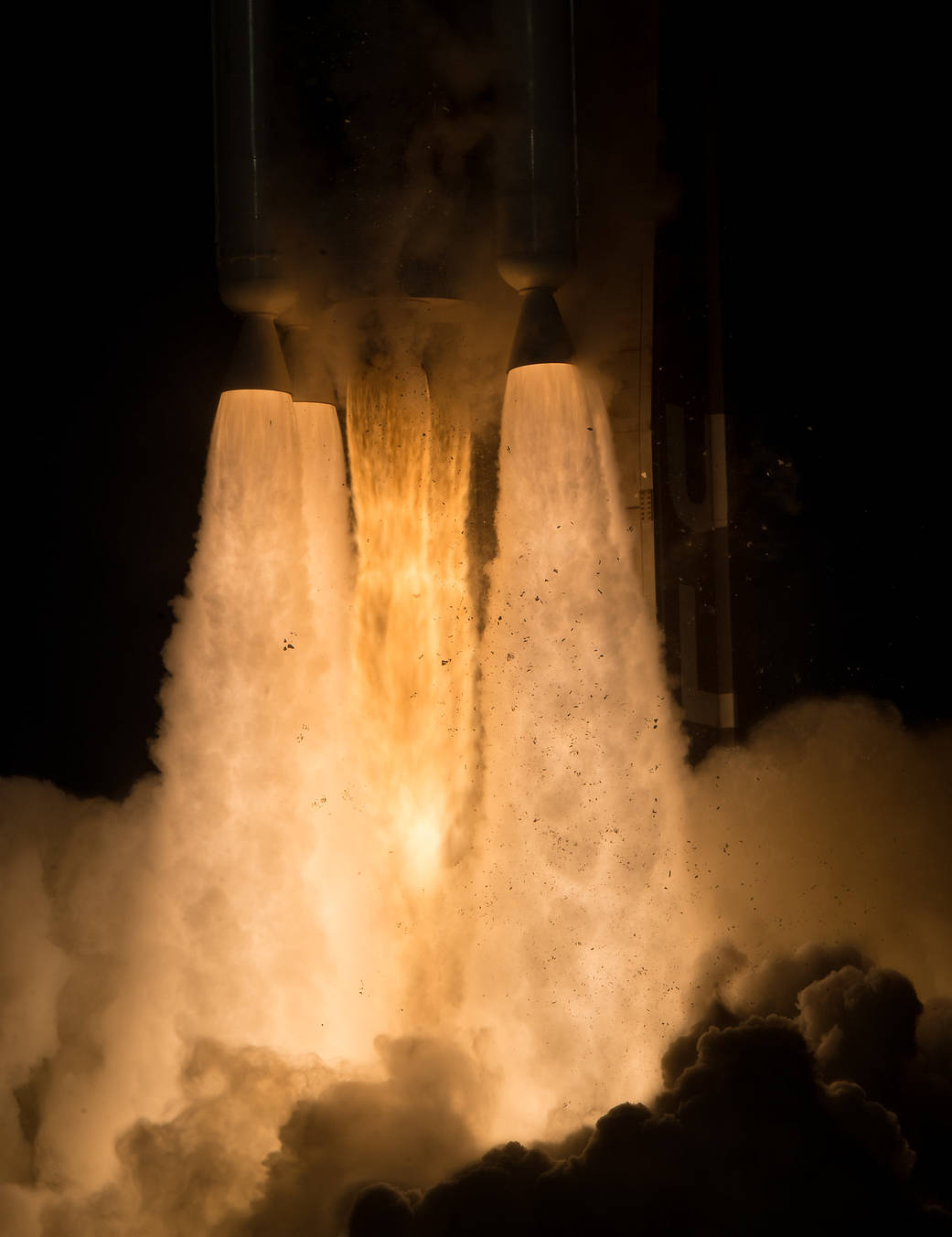
Astronomy 1101: From Planets to the Cosmos
Overview of the Copernican revolution, the discovery of the nature of our solar system, light, gravity, and planets around other stars; the nature and evolution of stars and origin of the chemical elements; the history of galaxies and the expanding universe. Weekly laboratory. Not recommended for students who plan to major in astronomy or physics.
Prerequisites: Math 1050 (075) or 102, or an ACT math subscore of 22 or higher that is less than two years old, or Math Placement R or higher; or permission of instructor. Not open to students with credit for 1140, 1144, 1161H (H161), 1162H (H162), 2161H, 2162H, 2291 (291), or 2292 (292).
This 4-unit course has a required 1-unit lab section that all students must enroll in.
GEL Natural Science: Physical Science with Lab
GEN Foundation: Natural Sciences
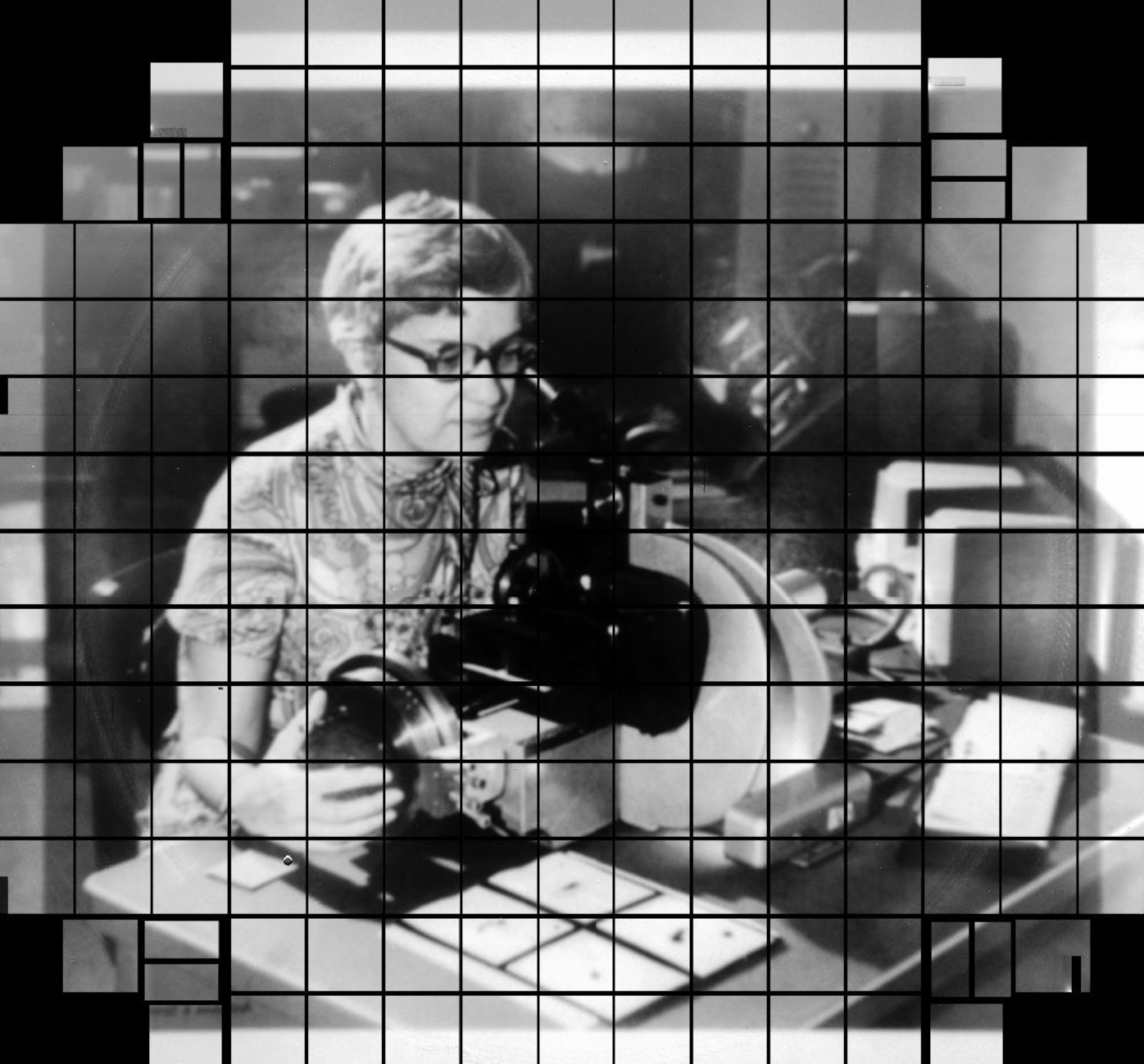
Astronomy 1221: Astronomy Data Analysis
Overview of data analysis in astronomy. The course will combine select topics in modern astronomy with contemporary data analysis methods implemented in the Python programming language, illustrating how astronomical data lead to scientific conclusions. It is intended for students with interest in astronomy and analysis of large data sets; prior astronomy experience not required.
Prerequisites or concurrent: Math 1141, 1151, or 1161.
GEL Natural Science: Physical Science course.
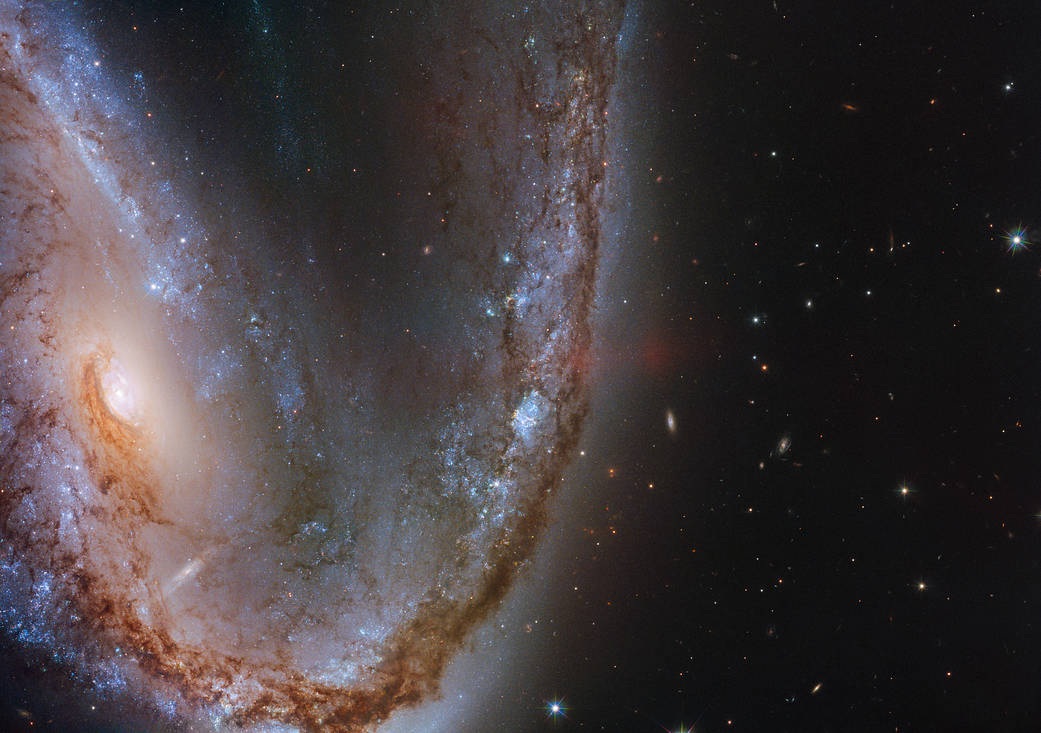
Astronomy 2020: The Night Sky
This course uses the planetarium and observations of the sky to understand the motion of the Sun, Moon, and planets, and how humans have interpreted them. It considers the large number of foreign worlds that have been discovered orbiting the Sun and other stars, and visualizes their skies. It reflects on how the night sky affects human cultures, and how it might affect cultures on other worlds. Prereq: Not open to students with credit for 1140 or 2140. GE theme lived environments course.
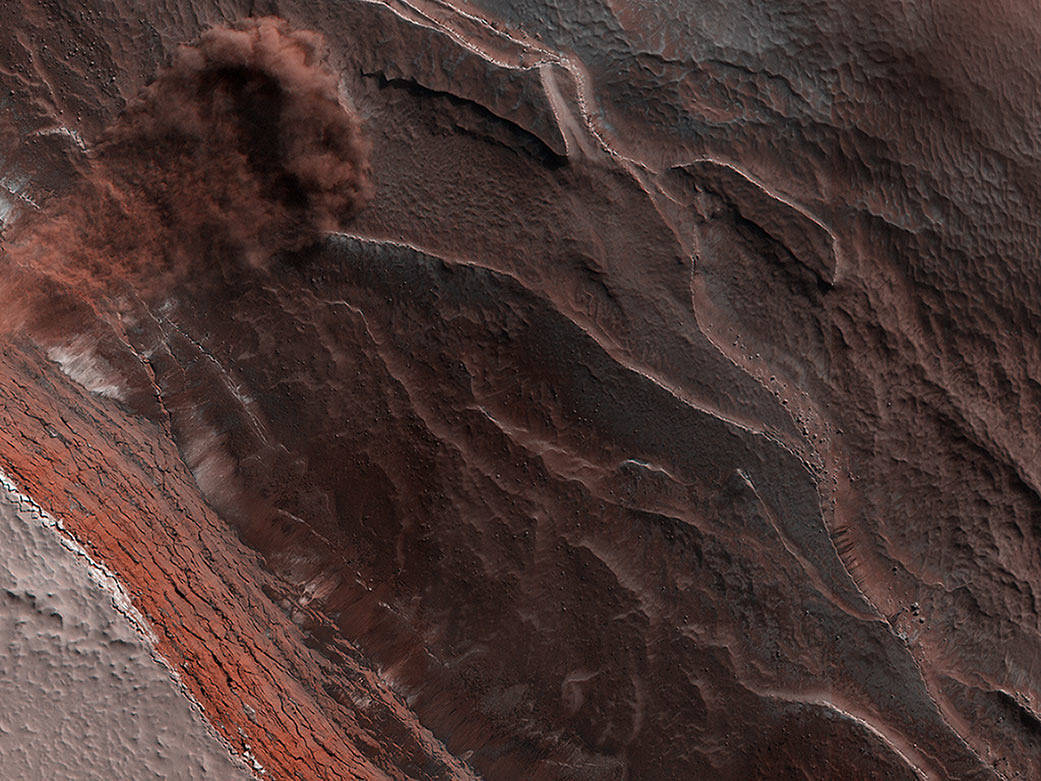
Astronomy 2140: Planets and the Solar System
Physical nature of the Sun and its family of planets, satellites, comets and minor bodies; gravitation, light, and telescopes. Not recommended for students who plan to continue in astronomy or physics.
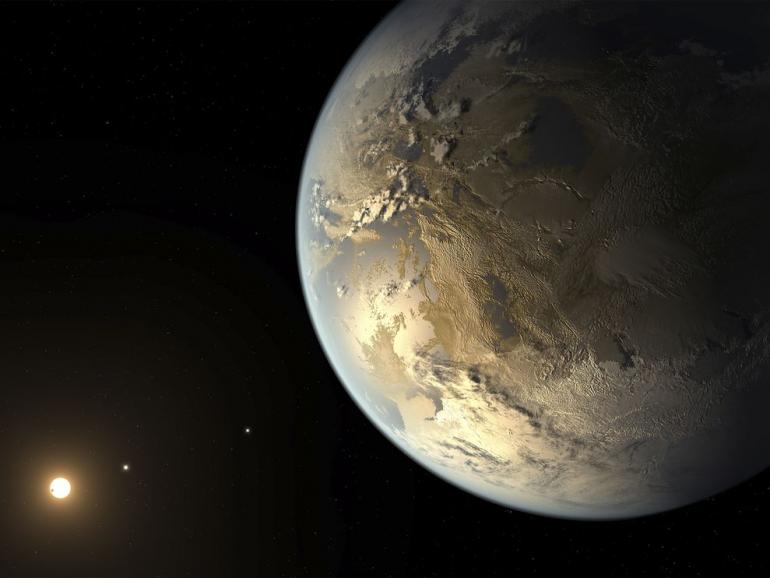
Astronomy 2141: Life in the Universe
Potential for life elsewhere in the universe, based on the discovery of extra-solar planets and the nature of life on Earth; Search strategies for such life.
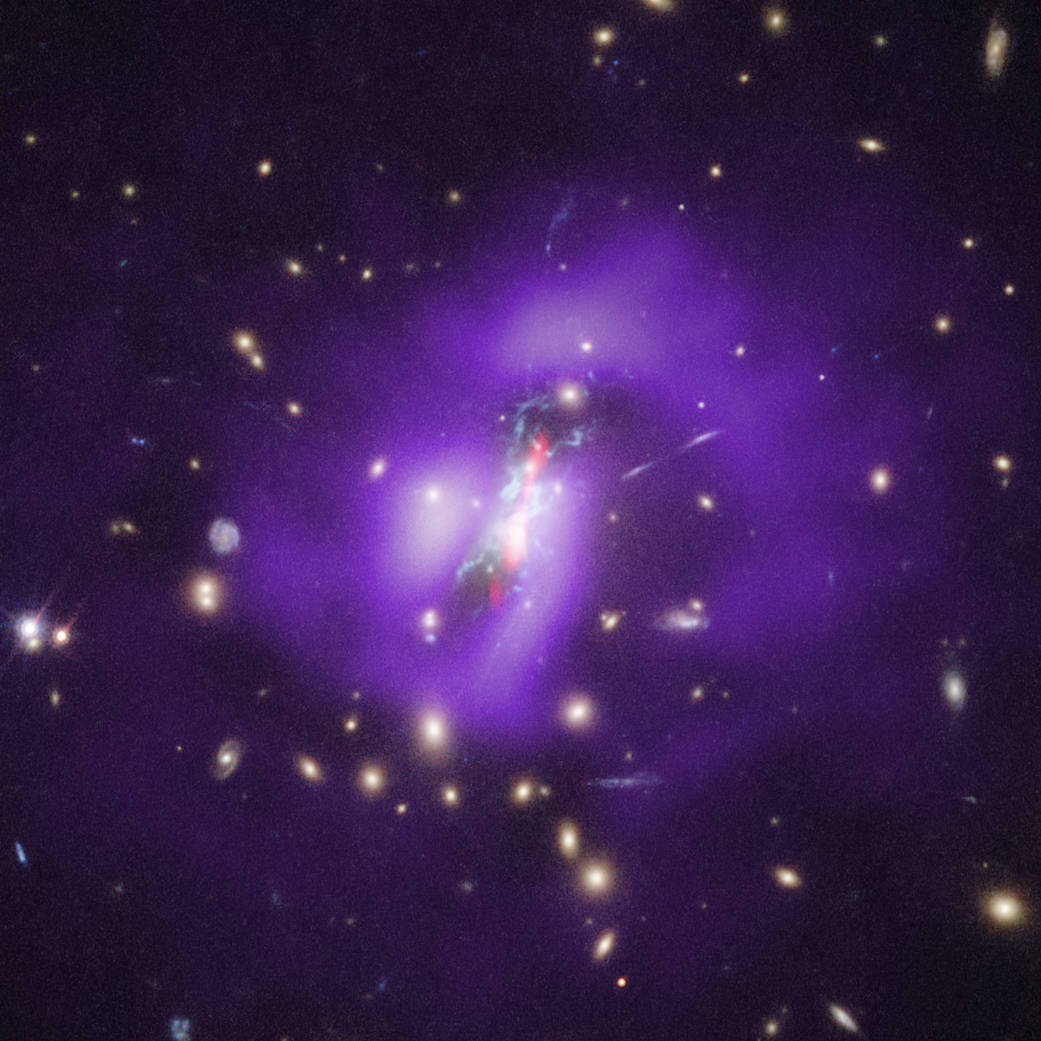
Astronomy 2142: Black Holes
The nature, formation, and discovery of black holes in the Universe.
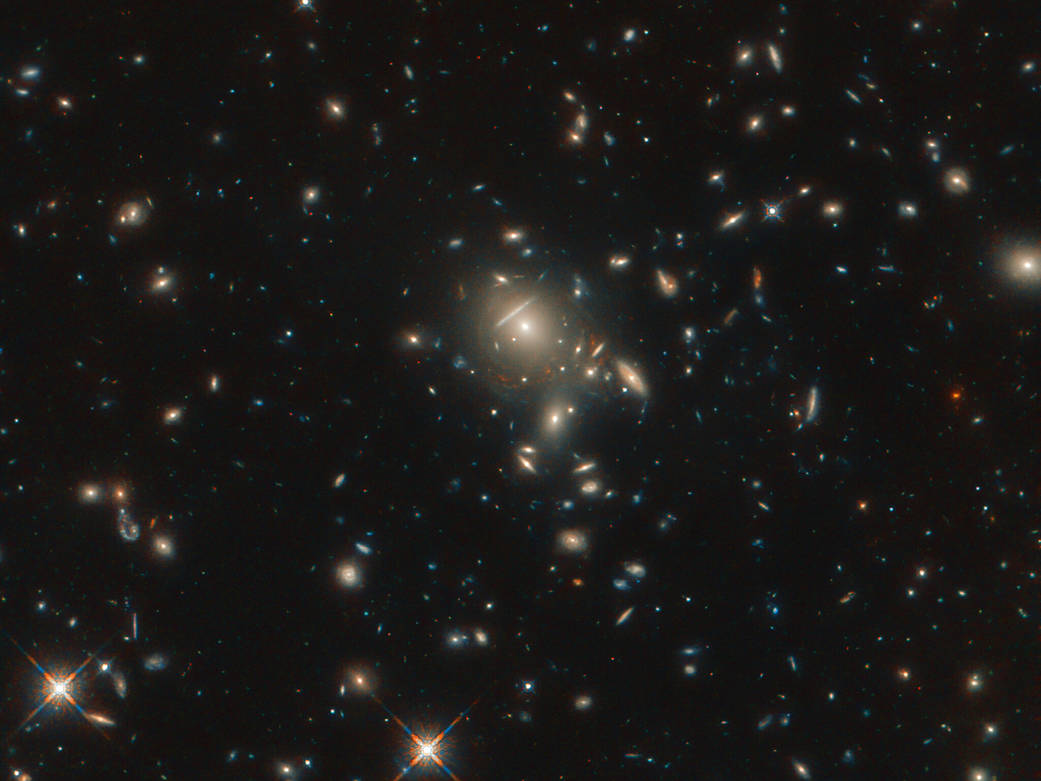
Astronomy 2143: Cosmology: History of the Universe
Description of the history of the Universe from the Big Bang to the present; how observations led to the discovery of this history.
